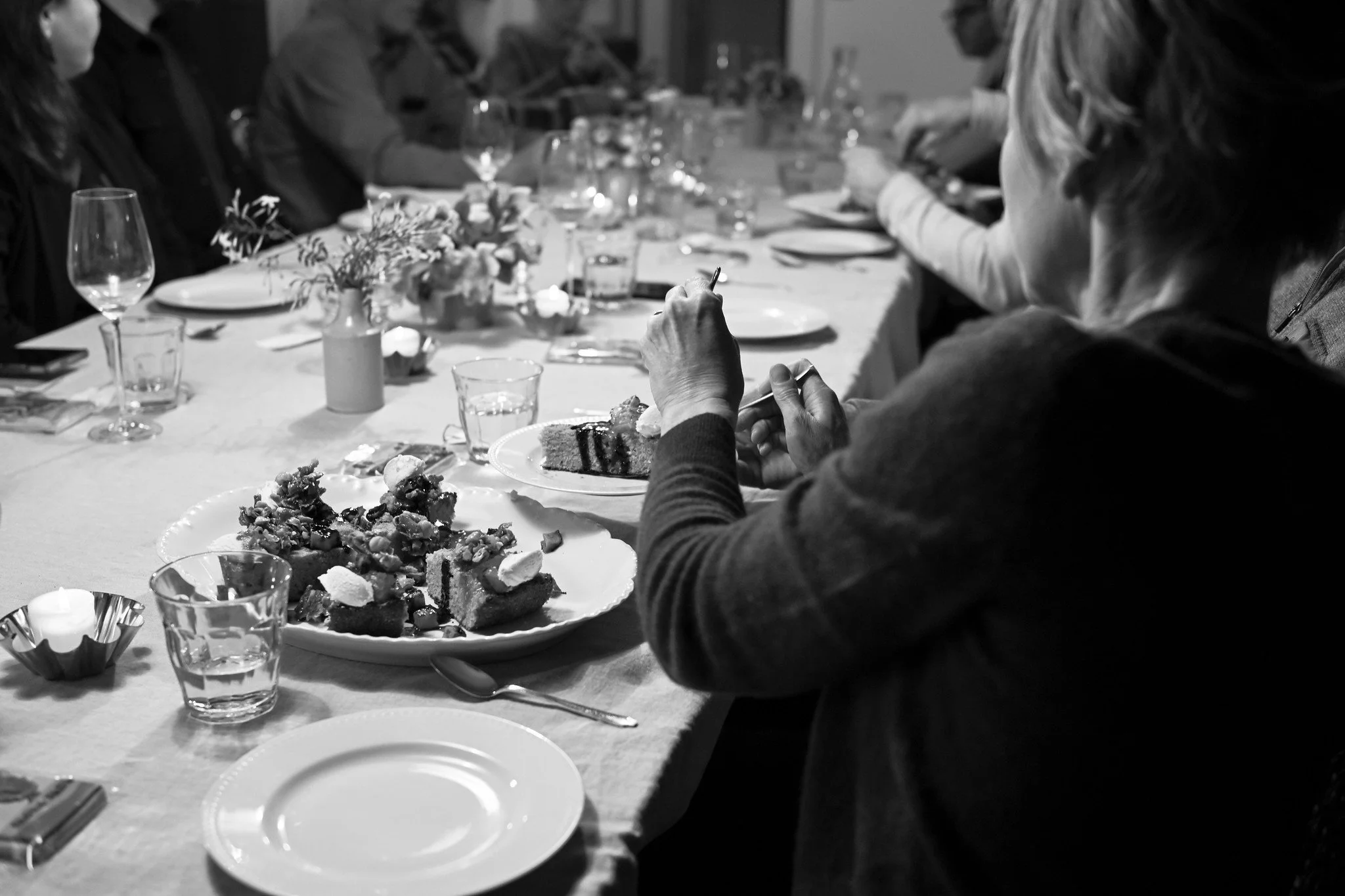
Why We’re Doing This
From Water Wars to Water Stewardship
The Nooksack River watershed is at a turning point. Water rights are up for grabs, and the choices we make now will shape this place for generations. It would be easy to fall into old patterns—lawsuits, finger-pointing, and a river that loses no matter who “wins.” But that’s not the only story here.
Across Whatcom County, people are showing up—not just to defend their own patch, but to care for the whole watershed. Tribal fishers, family farmers, conservationists, business owners, and neighbors are all part of this. Stewardship isn’t a new idea. It’s what people have done here for centuries—sharing water, tending land, passing on knowledge, and looking out for one another.
Water Wars (how to avoid) is about making this visible, and helping it grow. We’re not here to run the show or hand out answers. We’re here to set the table—so that everyone who cares about this place can be heard, seen, and part of what comes next.
Why Now?
We all depend on the Nooksack. Whether you fish, farm, drink, or just live here, clean water and healthy land matter to everyone.
Stewardship is already happening. From the Lummi and Nooksack tribes’ deep-rooted care for the river, to farmers working their fields for generations, to groups like Whatcom Community Foundation, RE Sources, Whatcom Family Farmers, Whatcom Land Trust, Nooksack Salmon Enhancement Association, and Whatcom Conservation District—people have been tending this place all along.
The world is changing fast. Glaciers are shrinking, summers are drier, governments are evolving, and the water rights process could divide us or bring us together. The future isn’t certain, but how we relate to each other and to the land will decide what’s possible.
No one’s coming to save us. The future of this watershed is up to the people who live here—not outsiders or distant agencies.
What Brings Us Together
It’s about this place. The river doesn’t care if you vote blue or red. Salmon, crops, and communities all need the same things: clean water, healthy land, and a future worth working for.
Everyone has a role. Stewardship isn’t a job title. It’s something anyone can practice—on a farm, in a business, at a tribal council, or around a kitchen table.
Relationships come first. Trust and understanding open doors that policy and paperwork can’t. Real change starts with honest conversation.
Long-term thinking. The best returns aren’t just financial—they’re about leaving something better for those who come next. This is a generational project.
Hope is a real return. When people see their neighbors working together, it sparks possibility. That’s the first step to real results.
Adaptation is local. The best way to meet change is together, with practical action rooted in the realities of this land and water.
How We Show Up
Gathering, not dictating. We host farm walks, riverside meals, and real conversations—places where people can show up as themselves, not just as “stakeholders.” These aren’t new ideas; they’re how communities have always built trust and solved tough problems.
Telling true stories. Through film and storytelling, we’re lifting up the voices of tribal members, farmers, business owners, and neighbors—showing what’s at stake and what’s possible. Stories connect us, remind us what we share, and help us see the river through each other’s eyes.
Connecting the dots. We’re not building new institutions or telling anyone what to do. We’re helping connect what’s already working, and inviting more people into the conversation. Stewardship grows when people see themselves as part of something bigger—something rooted in place, practice, and care.
What Does Success Look Like?
Neighbors talking, not just trading lawsuits.
Farmers, tribes, and towns finding ways to share and care for water.
A river that supports salmon, crops, and kids for generations to come.
A community that’s proud of how it handled a tough moment—by coming together.
Everyday stewardship, everywhere. From irrigation ditches to city parks, from tribal councils to local businesses—people pitching in, sharing knowledge, and building resilience.
How You Can Join In
Show up. Come to a gathering. Listen. Share your story. Bring your questions.
Stay curious. Be willing to hear from people you don’t usually talk to.
Support the work. Help us keep the cameras rolling and the conversations going.
Remember: you’re already part of this. If you care about this place, you belong here.
This isn’t about heroes or experts. It’s about neighbors. The Nooksack’s future is in our hands—together.
With gratitude to the many hands, hearts, and organizations already at work in this watershed—and with an open invitation to everyone who calls this place home.
